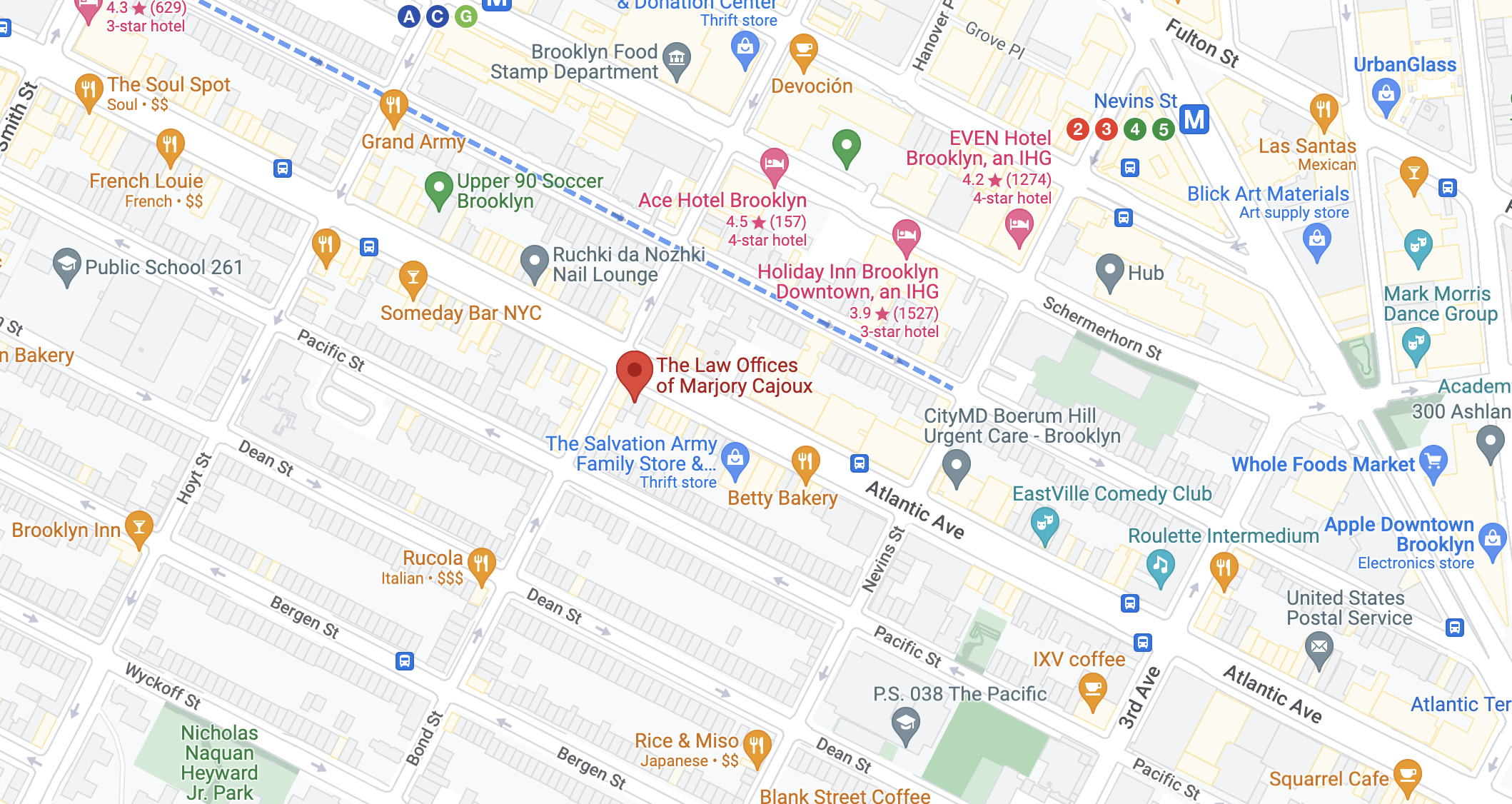You agreed to execute someone’s estate when they died. Assuming that would be some time in the distant future, you said yes without giving much thought to what it entails. Now they are dead, and you wonder what you need to do.
If the deceased created a will, you need to present it to the probate court. The probate court validates the will and your actions. Doing so reduces the chance that someone who is frustrated at how long estate distribution takes or who does not like the outcome accuses you of underhand behavior.
You need to inform people about the death
You need to inform the beneficiaries and any creditors you know of. Publishing a notice of death in a newspaper permits others you do not know about a chance to come forward. You also need to tell the companies and agencies that were paying benefits or providing services such as mail, electricity, internet and cable TV.
You need to take stock of their assets and debts
You need to compile a list of all the deceased’s assets and debts. If they have a million dollars in assets but a million in debt, they do not have anything to leave. Or at least they may not. For example, if the deceased put their million dollars worth of assets into a trust, they removed them from the estate, and creditors cannot touch them. If they did not, you need to understand the order in which you pay creditors.
Only once you have paid any creditors, taxes, and fees can you distribute the estate according to the deceased’s wishes. The whole process can take time and will require a considerable amount of work on your part, depending upon the complexity of the estate. Having help as you navigate the probate process can make it more efficient for all involved





